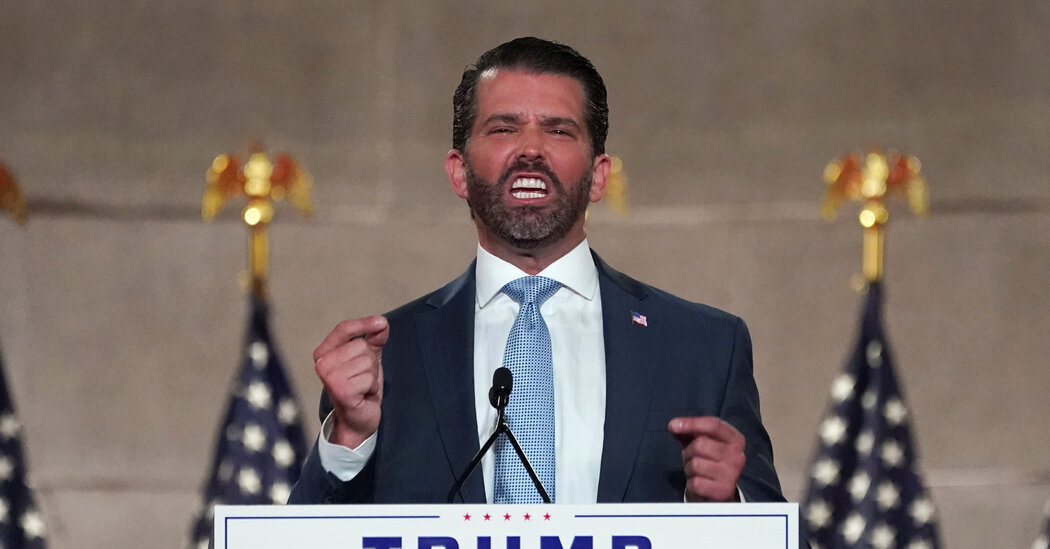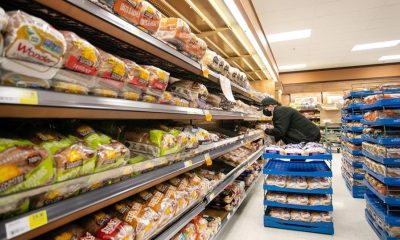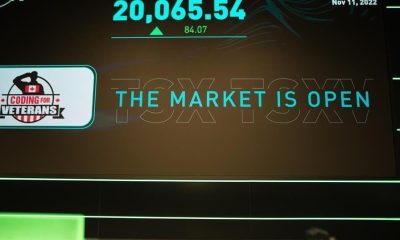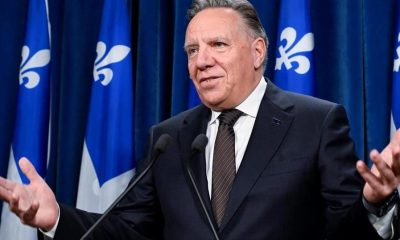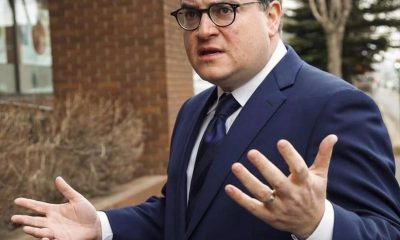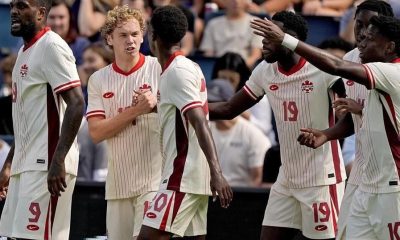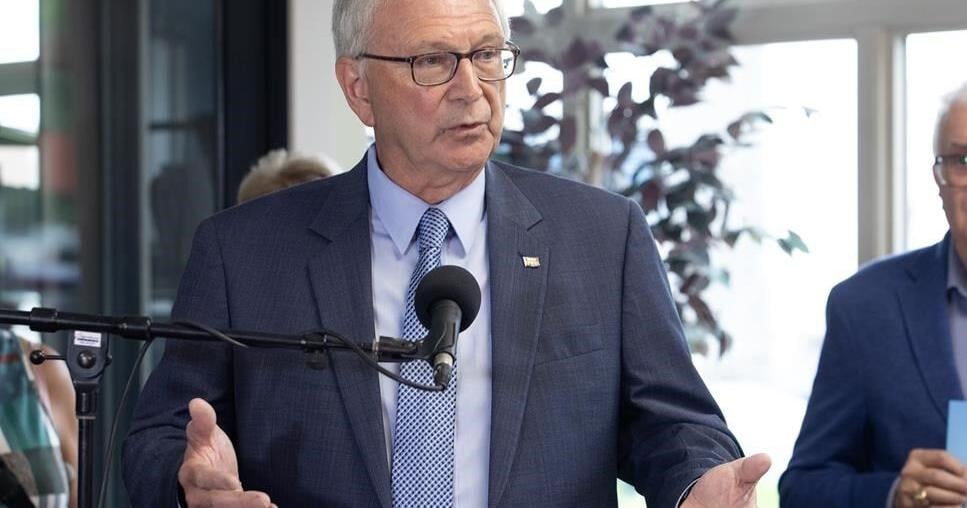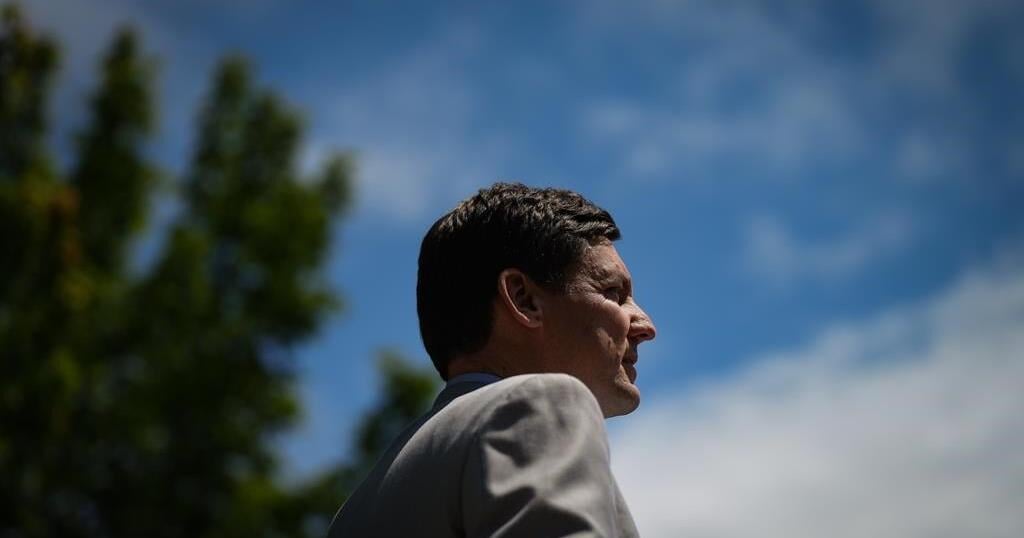FREDERICTON – New Brunswick Premier Blaine Higgs has called an election for Oct. 21, signalling the beginning of a 33-day campaign expected to focus on pocketbook issues and the government’s provocative approach to gender identity policies.
The 70-year-old Progressive Conservative leader, who is seeking a third term in office, has attracted national attention by requiring teachers to get parental consent before they can use the preferred names and pronouns of young students.
More recently, however, the former Irving Oil executive has tried to win over inflation-weary voters by promising to lower the provincial harmonized sales tax by two percentage points to 13 per cent if re-elected.
At dissolution, the Conservatives held 25 seats in the 49-seat legislature. The Liberals held 16 seats, the Greens had three and there was one Independent and four vacancies.
J.P. Lewis, a political science professor at the University of New Brunswick, said the top three issues facing New Brunswickers are affordability, health care and education.
“Across many jurisdictions, affordability is the top concern — cost of living, housing prices, things like that,” he said.
Richard Saillant, an economist and former vice-president of Université de Moncton, said the Tories’ pledge to lower the HST represents a costly promise.
“I don’t think there’s that much room for that,” he said. “I’m not entirely clear that they can do so without producing a greater deficit.” Saillant also pointed to mounting pressures to invest more in health care, education and housing, all of which are facing increasing demands from a growing population.
Higgs’s main rivals are Liberal Leader Susan Holt and Green Party Leader David Coon. Both are focusing on economic and social issues.
Holt has promised to impose a rent cap and roll out a subsidized school food program. The Liberals also want to open at least 30 community health clinics over the next four years.
Coon has said a Green government would create an “electricity support program,” which would give families earning less than $70,000 annually about $25 per month to offset “unprecedented” rate increases.
Higgs first came to power in 2018, when the Tories formed the province’s first minority government in 100 years. In 2020, he called a snap election — the first province to go to the polls after the start of the COVID-19 pandemic — and won a majority.
Since then, several well-known cabinet ministers and caucus members have stepped down after clashing with Higgs, some of them citing what they described as an authoritarian leadership style and a focus on policies that represent a hard shift to the right side of the political spectrum.
Lewis said the Progressive Conservatives are in the “midst of reinvention.”
“It appears he’s shaping the party now, really in the mould of his world views,” Lewis said. “Even though (Progressive Conservatives) have been down in the polls, I still think that they’re very competitive.”
Meanwhile, the legislature remained divided along linguistic lines. The Tories dominate in English-speaking ridings in central and southern parts of the province, while the Liberals held most French-speaking ridings in the north.
The drama within the party began in October 2022 when the province’s outspoken education minister, Dominic Cardy, resigned from cabinet, saying he could no longer tolerate the premier’s leadership style. In his resignation letter, Cardy cited controversial plans to reform French-language education. The government eventually stepped back those plans.
A series of resignations followed last year when the Higgs government announced changes to Policy 713, which now requires students under 16 who are exploring their gender identity to get their parents’ consent before teachers can use their preferred first names or pronouns — a reversal of the previous practice.
When several Tory lawmakers voted with the opposition to call for an external review of the change, Higgs dropped dissenters from his cabinet. And a bid by some party members to trigger a leadership review went nowhere.
This report by The Canadian Press was first published Sept. 19, 2024.

